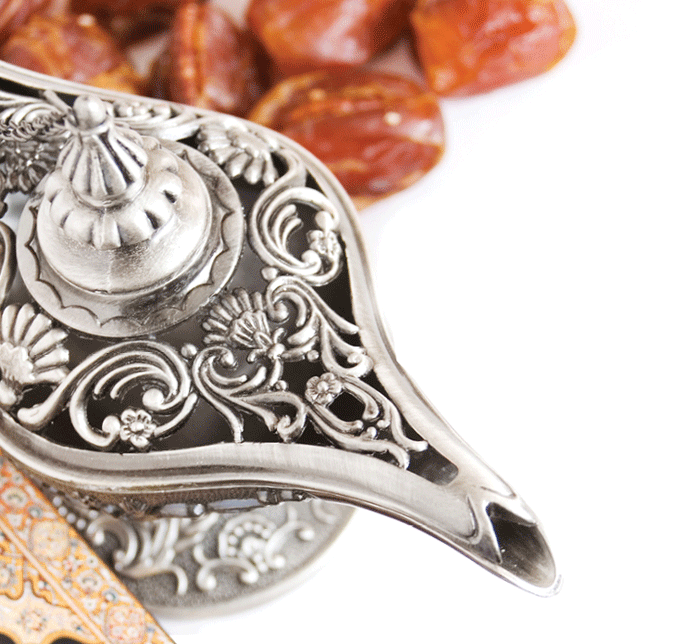
After Ramadan
 |
In saying goodbye to the month of Ramadan, Muslims throughout the world, from the state of Alaska in the United States of America heading eastward to Indonesia and beyond, celebrated Eid Al Fitr which is the day of prayer and celebration immediately after Ramadan. This was of course a day of great happiness to the Muslims of the world. But with the passing of Ramadan, how many of the more than one billion Muslims who fasted during this blessed month truly realize the purpose of the month?
While the Qur’aanic verse stating the purpose of the Fast of Ramadan is well known and can be readily quoted by millions of Muslims, there is a tendency for most people to gradually slip back into previous habits as their lives revert back to their regular schedules. Some people merely put their wrongdoing on pause while others return to being caught up in the day to day aspects of their lifestyles. There is a group who keenly realize that the purpose of the fast is to develop Taqwa which is loosely translated as righteousness and means obedience to Allah.
The Prophet Muhammad (Peace be upon Him) advised each group to fast six days of the Islamic month after Ramadan. The wisdom of this fast is because a good deed in Islam is rewarded by 10, so fasting these six days is equivalent to fasting 60 days which is equal to two Islamic months of 30 days each. When we add these 2 months to the fast of Ramadan which is rewarded as 10 months we get a total of 12 months or an entire year.
The Messenger of Allah (Peace be upon Him) recommended that Muslims fast on Mondays and Thursdays. He (Peace be upon Him) said that deeds are presented to Allah (God) on Mondays and Thursdays and that he liked to be fasting when his deeds were presented. He also recommended fasting on the 13th, 14th and 15th days of the Islamic months which are the days of the full moon when the moon is brightest. Additionally, he recommended fasting 3 days each month.
There are a pair of fasts that bring great reward for those who fast them. The 1st one is the fast on the Day of Arafat which is on the 9th day of Dhul Hijjah. Those who are not making Hajj are encouraged to fast this day which is rewarded by forgiveness for (minor) sins for the preceding year and the following year. There is also the fast on the Day of Al-Ashourah which is the 10th of Muharram on the Islamic calendar. Fasting this day brings forgiveness for the (minor) sins of the previous year.
From the above mentioned fasts, we see that a person who is trying to develop and/or maintain a state of Taqwa has many opportunities throughout the year to seek forgiveness from Allah by fasting. There is also the fast of Prophet Da’uud (David) which has been said by the Prophet Muhammad (Peace be upon you) to be the best fast outside of Ramadan. The Prophet Da’uud used to fast every other day seeking Allah’s pleasure. If we can apply some of these fasts to our lives on a consistent basis we can give ourselves the opportunity to live better lives as Muslims.
Sabur Abdul-Basit is a freelance author from Philadelphia, Pennsylvania in the United States of America.